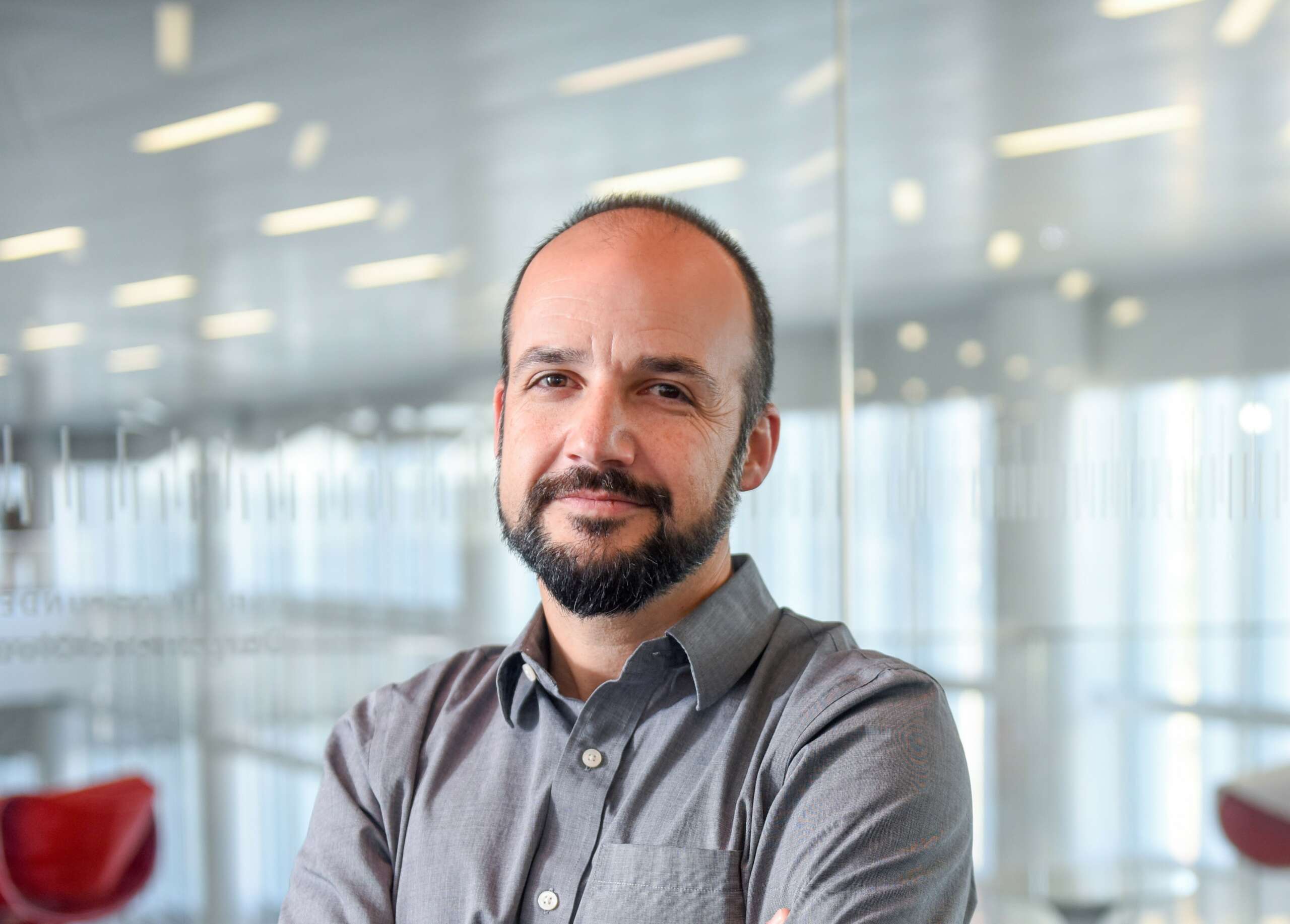We were lucky to catch up with Duarte Morais recently and have shared our conversation below.
Alright, Duarte thanks for taking the time to share your stories and insights with us today. Your ability to build a team is often a key determinant of your success as a business owner and so we’d love to get a conversation going with successful entrepreneurs like yourself around what your recruiting process was like -especially early on. How did you build your team?
I co-founded People-First Tourism Inc. with three colleagues from NC State University, by leveraging our joint research on microentrepreneurship. During the first years of our company we moonlighted working for free while doing our full time jobs with the university. Initially we thought we would seek investment and then use that capital to hire a full time executive and operations team; but after unsuccessfully participating in a few investment pitch sessions we adjusted our strategy to a focus on “bootstrapping” our growth; i.e., continuing on as unpaid or underpaid executives of the company, growing the business organically, and gradually building our team by reinvesting the company’s revenues. This process has connected us with young talent that believe in our company’s mission and are willing to grow in the company, first as part-time project leads, and then gradually devoting a higher portion of their livelihoods to our company. Over time I have come to feel that this is an approach to recruitment and development that fits our company very well. In this approach we attract talent that is passionate about our company because and they know that their success, makes the company more successful, which in turn allows us to support them more fully. Additionally, our team is now made of a small collective of very eclectic, passionate, and very skilled people, and as a result we genuinely appreciate each other and are keen to fill in for each other.



Awesome – so before we get into the rest of our questions, can you briefly introduce yourself to our readers.
I am a social-entrepreneur; i.e., I am trying to address a social problem through conscientious capitalism. During my youth in Portugal during the 80’s and 90’s I observed that tourists visiting my family’s farm and my hometown were interested in genuine interactions with locals because they wanted to experience our authentic culture, and not just see touristy sights. During my 30-year academic career here in the US I came to understand that involving local microentrepreneurs in providing services to tourists can boost the extent to which host communities benefit for tourism; but there are few organizations devoted to stimulating grassroots tourism microentrepreneurship. So, 10 years ago my partners and I decided to launch People-First Tourism Inc., with an exclusive license to use an tourism microentrepreneurship development and integration model we developed at NC State University. So, our company contracts with destinations (generally the county-level marketing organizations devoted to attracting more visitors to the destination) to help develop a collective of local creatives, growers, makers and story-tellers, and to market the genuine experiences they offer to tourists and residents. The real-life impact of most academics is generally very tenuous; so I am very proud that our scholarship is generating income to hundreds of microentrepreneurs in North Carolina and internationally. In addition, I am proud that our work is helping innovative destinations become ever more competitive while also being responsive to the interests of their local residents. In sum, I am proud that People-First Tourism is rising as an example of conscientious capitalism and of NC State’s impact in the state of north Carolina and the world.


Can you tell us about a time you’ve had to pivot?
As the lead of a small business I think my main factor of success is to identify which business opportunities might have a good return on investment (of our modest human and financial resources). If I can help our team focus on business opportunities that flourish, then we can reinvest our earnings into the business and continue to grow so that we can reach a healthy, sustainable critical mass. Conversely, if some of our “bandwidth” is devoted to potential business opportunities that never fully materialize, the company becomes anemic, and we are not able to reward and retain our talent. The COVID pandemic hit just as our company was beginning to flourish as a provider of small group experiences in a couple client destinations. The lockdowns prevented us from continuing to offer these experiences for a long time, so within a couple weeks of the beginning of this crisis we decided to continue to offer experiences, but to do so virtually through Zoom. After consulting our client destinations they agreed to fund the provision of virtual farm tours, virtual mainstreet art walks and history tours, and we offered them to hundreds of people. Faced with the impossibility of attracting visitors, our destination clients embraced the idea of providing virtual familiarization tours to prospect future visitors. Fortunately we were able to evolved beyond this approach a while back, but the record of our commitment to our clients remains and it helps us pitch to new clients.


We’d love to hear a story of resilience from your journey.
Perhaps same as before.
Contact Info:
- Website: peoplefirsttourism.com
- Instagram: @peoplefirsttourism
- Facebook: https://www.facebook.com/PeopleFirstTourism/
- Linkedin: https://www.linkedin.com/in/duartebmorais/
Image Credits
All are by P1t Inc.


